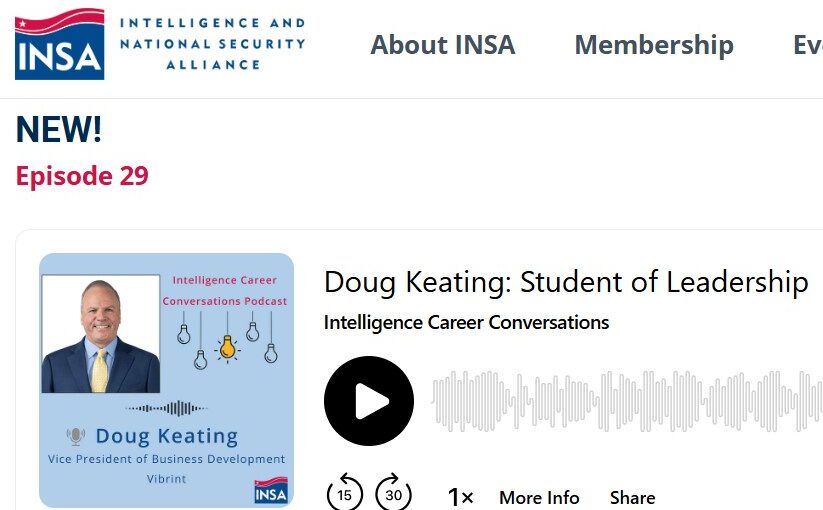Last month, I was invited to participate in a podcast recording with one of my good colleagues, Jim Donnely. Jim is the host of the Intelligence Career Conversations. This podcast explores various aspects of intelligence and national security careers, including insights from experienced professionals, advice on career paths and educational requirements, and discussions on current trends and challenges, including talent acquisition and retention. In this blog, I am sharing a link to the podcast for anyone who wants to hear it. I am also providing the text of our conversation, which includes several leadership lessons and professional advice. We covered a lot during the interview. I shared part 1 last month. Here is Part 2. I hope you enjoy this special edition of All The Leadership!
Q16. What skills have been most beneficial to your career? – both technical and soft skills.
For technical skills – my ability to learn new technologies quickly has been beneficial. It is rare that I am the smartest person in the room, especially when it comes to deep technical discussions. I do possess the ability to explain technical topics to non-technical audience. For soft skills – I learned a lot about leadership in the military and have continued to study leadership to this day. I had a conversation with Gino Degregori earlier this year about leadership on his Kind Leader podcast. No need for me to repeat myself here. I will only say that if you want to be a leader one day start preparing now. Don’t wait until you are in a leadership position to figure it out. That’s too late.
Q17. What habits do you keep that you believe positively affected your career?
Many of your audience members probably work in SCIFs on a regular basis. I know from personal experience that it can be challenging to manage your daily activities when you work in a SCIF since you are not allowed to bring your phone or a laptop into the building. With that thought in mind let me recommend an analog solution that I use – the Full Focus Planner. Michael Hyatt’s company created this paper-based tool. I find it helps me to prioritize my time and focus on what is most important. The last few months I have written about this tool in my All The Way Leadership blog. Check out those posts at allthewayleadership.com if you want to learn more.
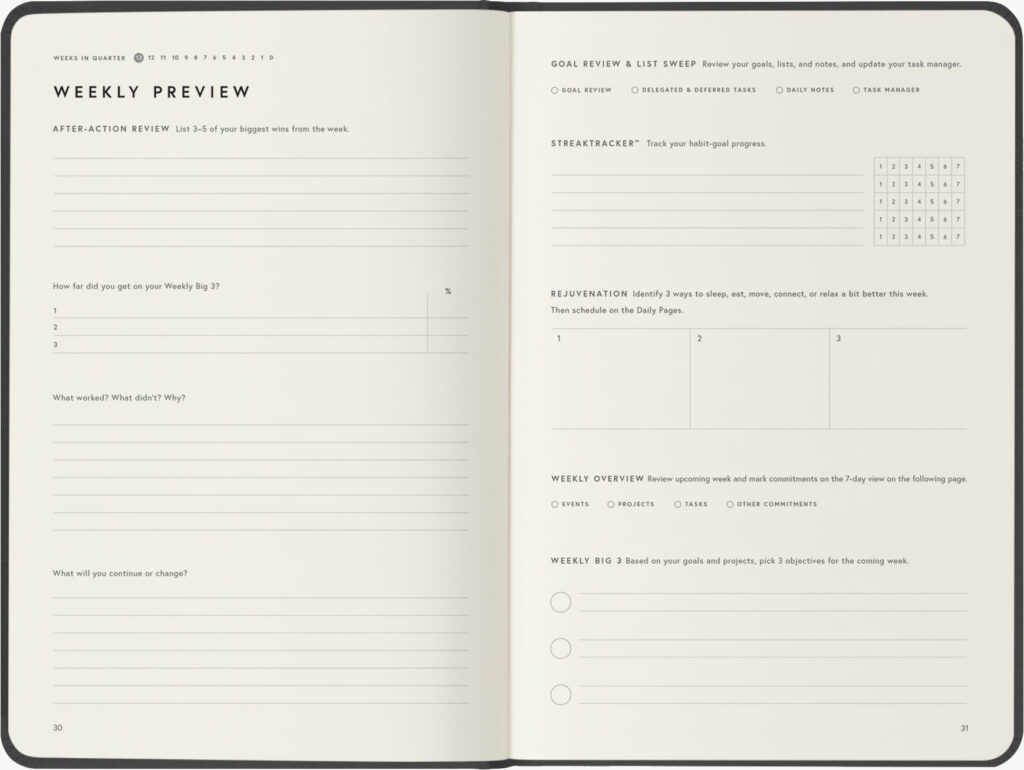
Q18. What is one thing that you did for your career that you would encourage others to do?
It is important to invest in yourself. As a technology leader I spend at least one full day a year developing my technical expertise and growing my leadership skills. Technology and leadership changed a lot the past decade, especially after the pandemic. The best way to stay relevant is to stay current. It is easy to get lazy and become a dinosaur if you don’t invest the time to learn new skills.

Q19. What skills do you wish you had learned earlier on in your career?
That is a long list. At the top is the techniques for having successful crucial conversations. It is important that you are at your best when it matters the most. I took a course and read a book called Crucial Conversations that taught me these skills. They are vital to have, especially if you are a leader, or are dealing with tough topics. I wish I learned them much earlier in my career.
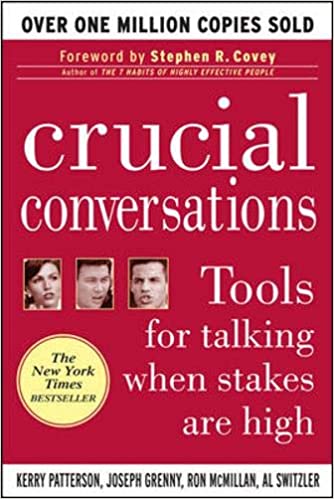
Q20. Where do you turn for continuous learning or skill development?
Continuous learning is a big challenge, especially if you are working in the technology field which moves fast and changes all the time. For technology – I return each May to Charlottesville to attend the McIntire School of Commerce – Knowledge Continuum. It is a one-day event run by my graduate degree program. They invite world-class guest speakers to lecture about hot topics in technology. I consider it my yearly booster shot when it comes to staying current with IT. When it comes to leadership, I try to complete a training course every year. For example, this year I attended John Maxwell’s Day2Grow event last month. It is hard to believe that I paid only $100 to get a full day of leadership training from John Maxwell, other leaders and authors that I respect like Malcolm Gladwell.
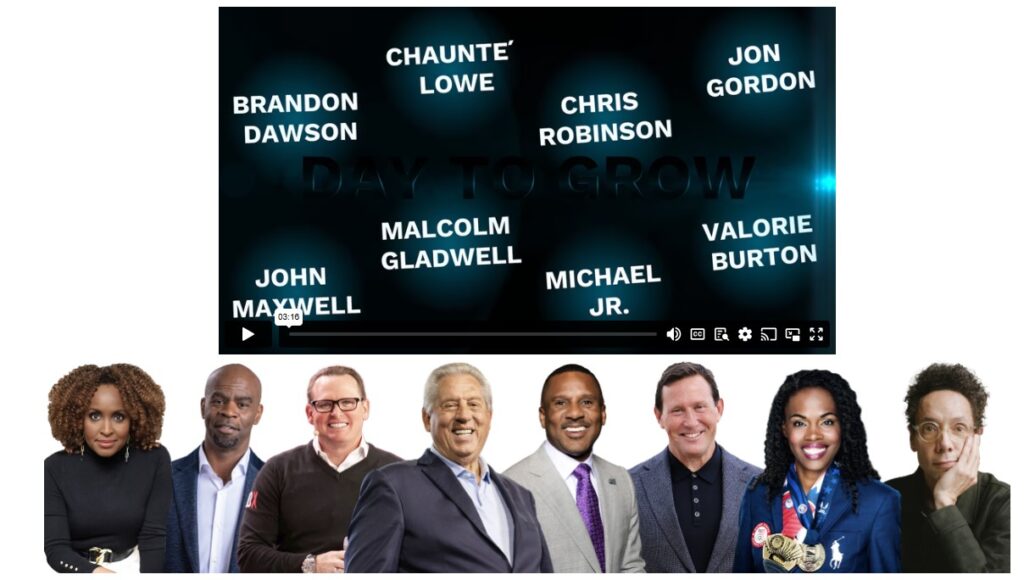
Q21. What career accomplishments are you most proud of and why?
Let me go back to the beginning of my career. In 1990 I successfully completed US Army Ranger School and earned my Ranger Tab. That experience changed my life. Growing up, my father was my hero. He came from practically nothing to achieve great things. My father graduated from West Point and went on to become an Airborne Ranger Green Beret Army Officer. He was a highly decorated Vietnam veteran with three combat tours. My father recommended that I attend Ranger School when I started my career as an Infantry Officer. He said it was an extreme experience that would teach me a lot about infantry tactics, small unit leadership, and how humans respond to stressful environments. More importantly, I would learn a lot about myself. He said Ranger School was the hardest thing he ever did in life and joked that every day after Ranger School was easy. He was right. Later, whenever I would complain about life to my dad, he would remind me that every day after Ranger School is an easy day. It was a clever way for him to tell me to quit complaining and move forward in life. Rangers Lead the Way!
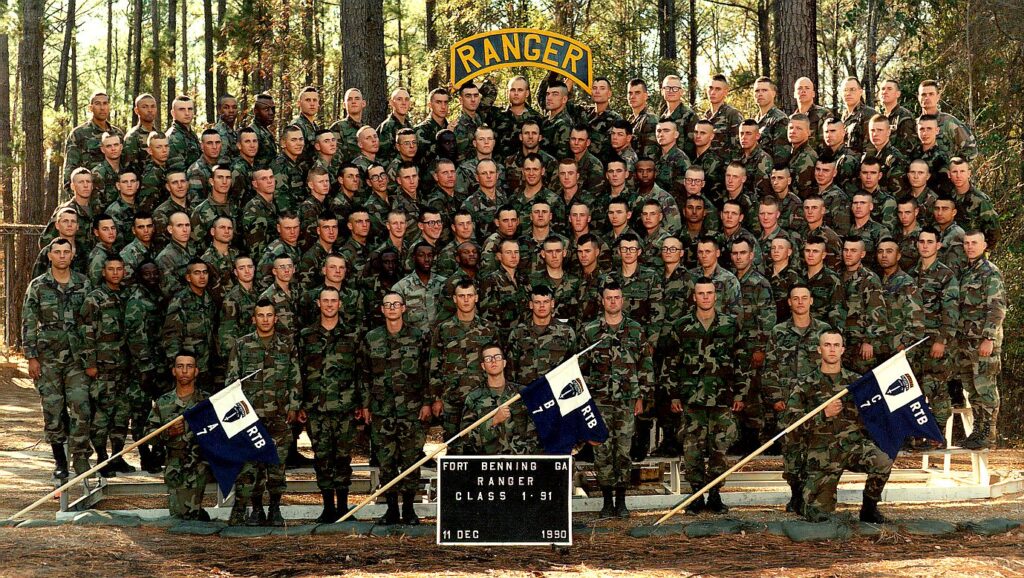
Q22. How did mentors affect your professional development?
Mentors help in two specific ways. One is for career advice in general. It is helpful to sit down with a mentor each year and take a look back at how your year went, and discuss what is coming in the next year. The second way mentors help is when you face challenges and do not know what to do. In that case I would reach out to a mentor for advice about how to handle those situations. It was super helpful to have mentors who helped me sort through my most challenging circumstances.

Q23. How did you find your mentors?
Finding good mentors can be tricky. Look for someone who is not in your direct chain of command, that you respect, and has walked the path you are on. I recommend that you be proactive and find your own mentors, don’t wait to be assigned one. I am a big fan of formal mentoring programs. However, it is a roll of the dice whether or not an assigned mentor is a good match for you.

Q24. What do you see as a top workforce challenge facing the IC now?
I believe the top workforce challenge facing the IC is creating a more flexible workplace. If there is one thing, we learned during the pandemic it is that the workplace changed in big ways. Sending everyone home to work triggered a ton of innovation that the IC should leverage. Otherwise, we risk losing the war on talent to other organizations and commercial companies.
I want to applaud the leadership of both John Edwards and Margaret Augustine around this topic. They were approached during the pandemic by an industry partner that supplies many, many people to the IC. This company highlighted the fact that a bunch of contractor billets were unfilled b/c they and other companies could not hire and clear enough staff. Based on this feedback, Margaret stood up multiple Tiger Teams to discuss the challenges and identify solutions. I participated in these Tiger Teams and was encouraged by the robust conversation about these topics. It is not an easy problem to solve and will require some cultural changes. OPE continues pressing forward with this initiative that I hope will pay big dividends in the next year, or two.

Q24. If you had a magic wand, what one change would you make to improve the IC workforce/or workplace.
When waving the magic wand, I would say the words “make reciprocity a reality”. Reciprocity gets talked about a lot, but I don’t see it implemented nearly enough. Three mission critical areas that would be greatly improved by more reciprocity across the IC include personnel security clearances, the dreaded A&A process for IT systems and SCIFs. It is 2024 and we are still required to pass clearances to attend some events which baffles me, and I don’t want to talk about fax machines. Having said that, I sure hope my badge works come Monday.

Q25. What books/movies/podcasts would you recommend for those looking to learn more about the IC and the current and future threat environment?
I listen to a lot of podcasts, read a decent amount of books and have watched my fair share of spy movies. There is a lot to pick from. Let me make three quick recommendations:
- Go visit the Spy Museum if you are in the DC area. It is excellent.
- If you want to learn about the world from IC experts subscribe to The Cipher Brief. Suzanne, Brad and their experts are who I trust for my news.
- My favorite podcast is Diary of a CEO. Steven Bartlett is the best host.
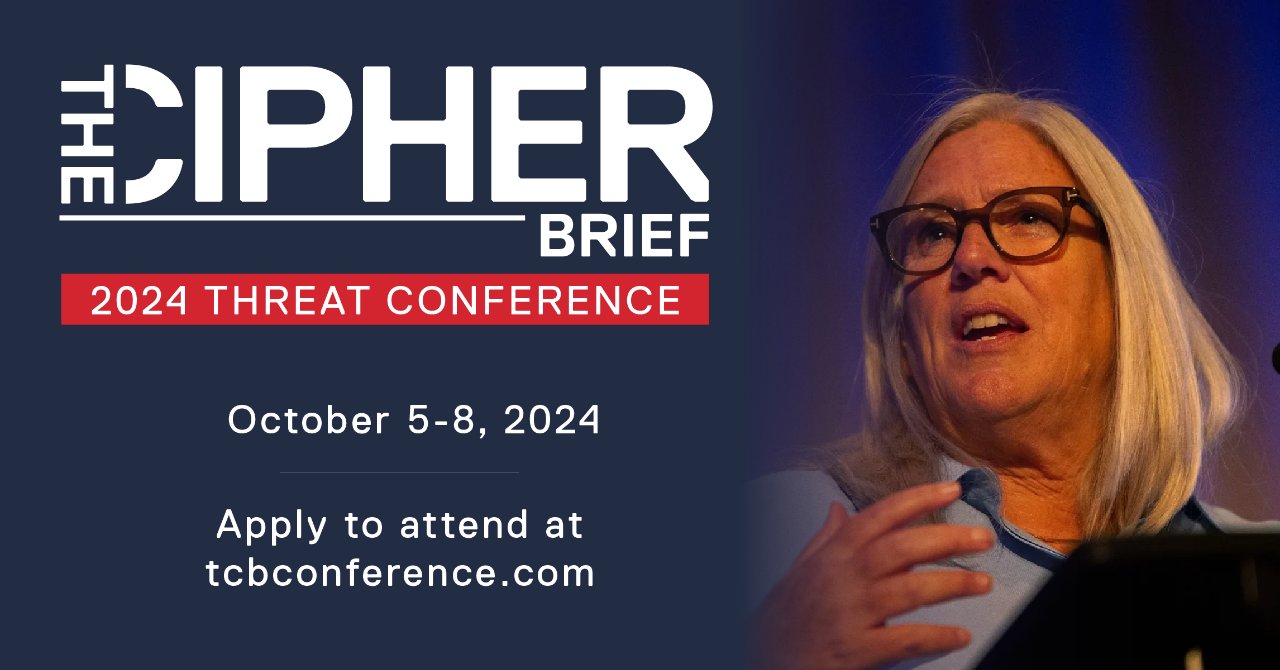
Q26. As you think about your accomplishments, your career, or where you are going, what is one word that you would like people to associate with you.
I hope the word is leader. I am a lifelong student of leadership b/c I believe it is so vital. John Maxwell says that everything rises and falls based on leadership. He is right and want to do my part to make the world a better place.
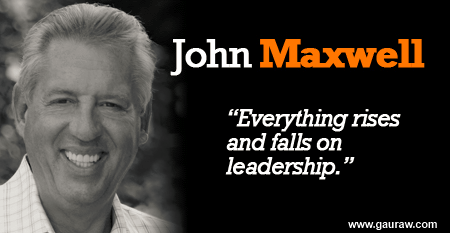
ATW! will make you a better leader
I hope you join me on this journey to raise the next generation of leaders. The world desperately needs more great leaders—women and men who lead confidently, clearly, and creatively. It’s time to become the leader your world needs. Let’s go All The Way!
